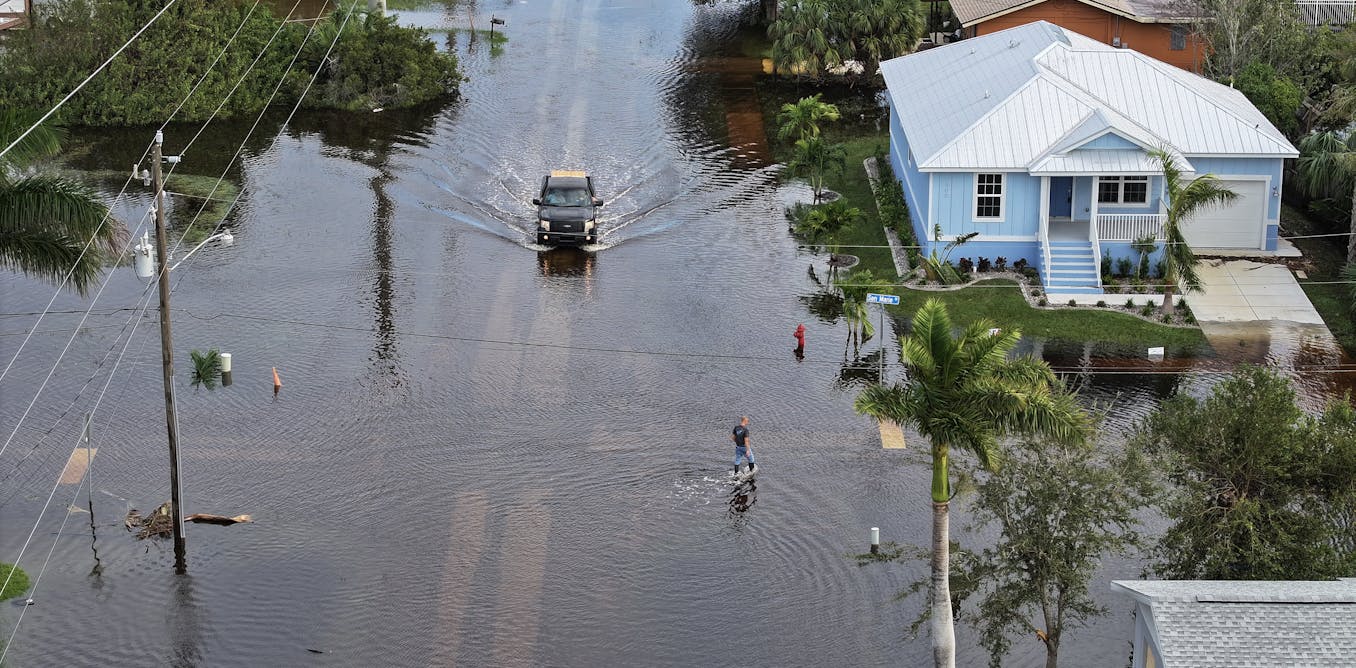In Kent Jones’s lyrical and enchanting “Late Fame,” Willem Dafoe plays a forgotten New York poet who once had a moment. It was 1979, and Dafoe’s character, Ed Saxberger, was part of the downtown scene — the punks and artists and Warhol/Waters exhibitionist misfits who were living for next to nothing in the East Village and its squalid environs, hanging out and going to loft parties, but sometimes they created things. Ed published a book of poetry, entitled “Way Past Go,” that placed him on the edge of what was happening. For a while, he lived the bohemian dream. But the 1980s were around the corner, and poetry doesn’t pay the rent. So Ed, when we meet him in the present day, is no longer a poet. He’s a man who’s been working at the post office for 37 years (like Charles Bukowski did in the ’50s and ’60s), and he now lives a life of scruffy anonymity. Each night he hangs out at the same neighborhood bar with his working-class buddies who have no idea that he was ever a writer.
Early on, as he’s walking up to his crumbly Manhattan apartment building, Ed is stopped by a young man who’s watching him from across the street. The clipped, preppie fellow introduces himself as Meyers (Edmund Donovan) and explains that he read “Way Past Go,” and he thinks it’s a masterpiece. To him, Ed isn’t some ghost of a poet no one remembers; he’s a god of a writer who composed something timeless. And as Meyers explains, he’s not the only one who feels that way. He has a group of friends who regularly meet to talk about art and life and everything in between, and they’ve all read “Way Past Go,” and they all think Ed is it. They want to meet him.
Dafoe plays this encounter with a sly crestfallen radiance. Our instinct is to imagine that Ed would be flattered and touched by knowing that someone remembers (and loves) his book. But Dafoe, with haunted eyes and a slow-dawning smile, shows you that Ed can barely take it…
Read full article: Willem Dafoe in a Drama of Bohemia Then and Now

The post “Willem Dafoe in a Drama of Bohemia Then and Now” by Owen Gleiberman was published on 08/30/2025 by variety.com





































Leave a Reply